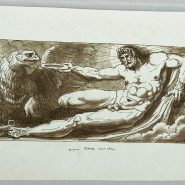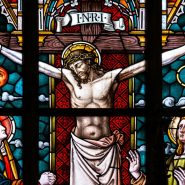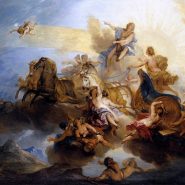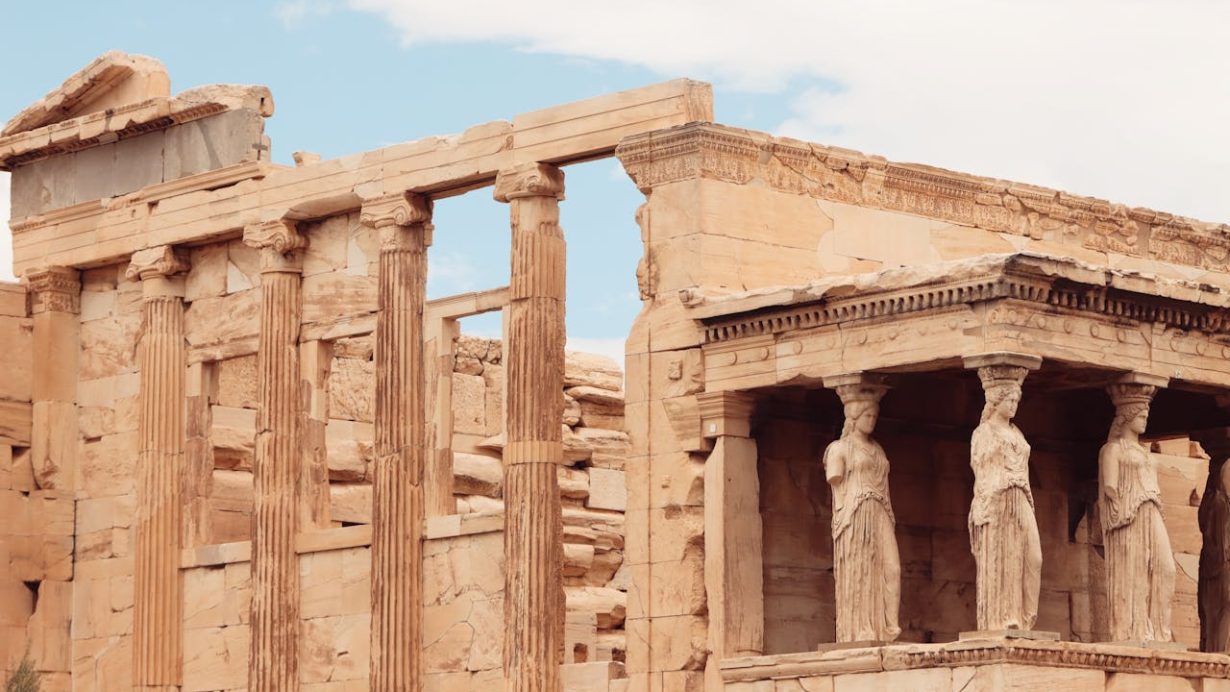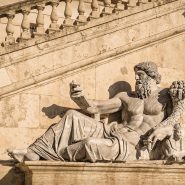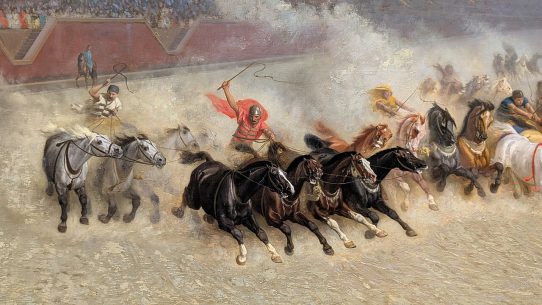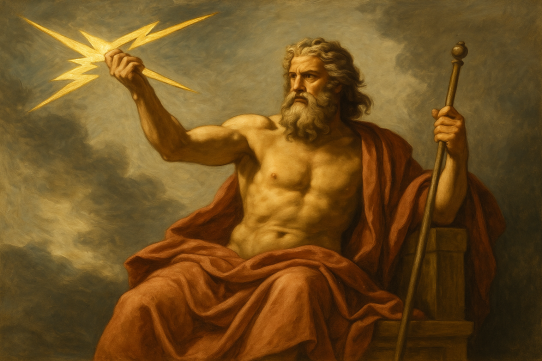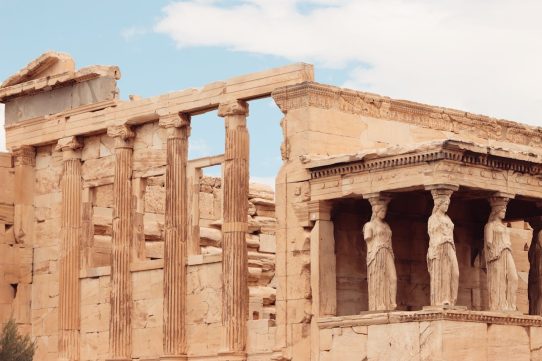Introduction
No relationship in ancient culture was as intimate and complex as that between Greece and Rome. Rome inherited the myths of Olympus and transformed them to fit its own vision of order and destiny. What began as imitation became adaptation, and what began as reverence became reinvention. Through this mythological dialogue, the two civilizations created a shared legacy that continues to shape philosophy, art, and the way we imagine the divine.
Borrowed Gods and New Identities
The early Romans had their own deities—spirits of the hearth, field, and boundary. Yet contact with Greek colonies in southern Italy brought them into conversation with the Olympian pantheon. Over time, Roman gods were identified with Greek ones: Jupiter with Zeus, Juno with Hera, Venus with Aphrodite, and Mars with Ares. The transformation, however, went deeper than names.
Greek mythology emphasized individuality and passion. Its gods quarreled, loved, and suffered like mortals. Roman adaptations softened those excesses, presenting deities as moral exemplars. Mars, once the god of brutal warfare, became the disciplined guardian of Rome’s armies. Venus represented love not merely as desire but as the creative force behind peace and fertility. The Roman gods were civic symbols—guardians of duty rather than indulgence.
Myth and Philosophy
Greek philosophers used myth to explore universal truths. Plato viewed myths as allegories for the soul’s journey; Aristotle saw them as reflections of human nature. The Romans inherited this intellectual approach but grounded it in practicality. Stoicism, imported from Greece, found a natural home in Roman virtue. Thinkers like Seneca and Cicero interpreted myths as moral lessons—narratives that taught courage, restraint, and reason.
Through these philosophical reinterpretations, mythology became a mirror for civic ethics. The story of Hercules represented endurance in adversity; the legend of Prometheus warned against overreaching ambition. In this synthesis, myth evolved from divine entertainment into moral instruction.
Poetic Renaissance in Rome
Roman poets became the bridge between Greek imagination and Roman ideology. Ovid’s Metamorphoses collected myths from both cultures into a sweeping vision of change and transformation. His poetic voice humanized gods and immortalized human longing. Virgil, in The Aeneid, offered a distinctly Roman epic—part homage to Homer, part prophecy of empire. By linking Aeneas’s trials to Rome’s destiny, Virgil gave myth a national purpose.
These works redefined how myth could serve art and politics alike. They united Greek grace with Roman gravitas, ensuring that classical myth would remain the shared vocabulary of the Western imagination.
Cross-Cultural Legacy
The dialogue between Greek and Roman mythologies laid the foundation for European thought. During the Renaissance, artists and scholars rediscovered both traditions together. Their fusion became the measure of education and aesthetic taste. Even in modern times, the pairing of Greek idealism with Roman structure defines how the West imagines civilization itself.
Mythology also influenced religion. Early Christian writers adopted classical imagery to describe moral struggle and divine justice. Angels inherited the beauty of Apollo’s form; saints adopted the stoic endurance of heroes. Through such adaptations, ancient myth continued to breathe within new spiritual systems.
Conclusion
The meeting of Greek creativity and Roman discipline produced more than shared gods — it created a language of ideals that transcended time. From Zeus and Jupiter to Venus and Aphrodite, their intertwined stories remind us that culture evolves through conversation. Myth is never static; it is retold, reinterpreted, and reborn with every generation that seeks meaning in the heavens above and the hearts within.
